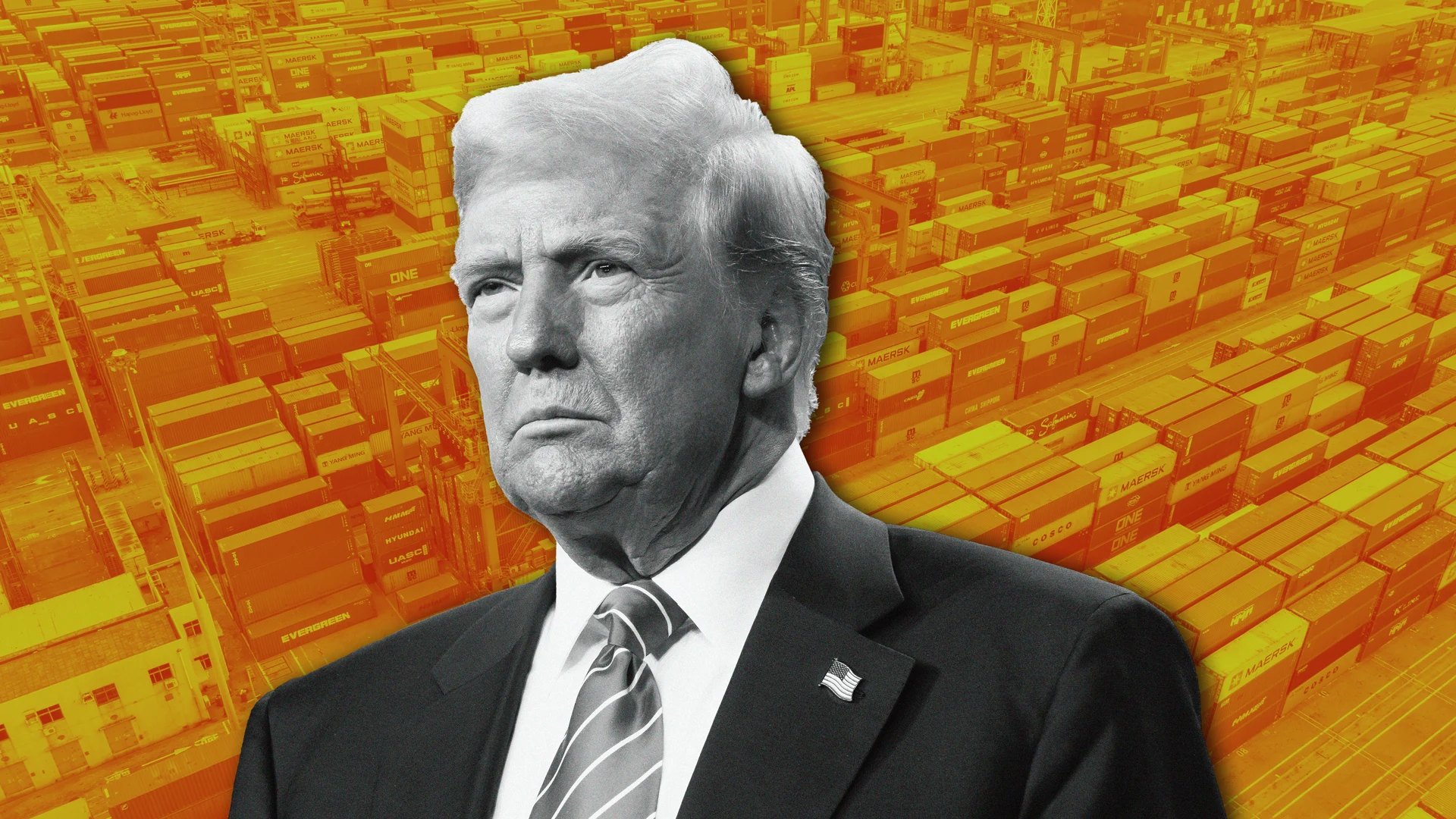The plan involves establishing a timetable for gradual tariff increases, with increases of approximately 2% to 5% per month.
On January 14, according to people familiar with the matter, U.S. President-elect Donald Trump's economic team was discussing plans to gradually increase tariffs month by month.This incremental strategy aims to strengthen the United States 'leverage in trade negotiations while avoiding inflationary pressures caused by sudden and sharp increases in tariffs.
Trump or "incremental" tariff increases
Specifically, the plan involves establishing a timetable for gradual tariff increases of about 2% to 5% per month, and relying on executive powers under the International Emergency Economic Powers Act (IEEPA), which gives the president oversight of the economy during national emergencies.
Currently, the proposal is in its early stages, and advisers involved in developing the plan include Treasury Secretary nominee Scott Bessent, a financial manager who advocates deficit reduction and deregulation; Kevin Hassett, who will soon become director of the National Economic Council; and Stephen Miran, nominee for chairman of the Council of Economic Advisers.None of the advisers commented on the reports, and a spokesman for Trump's transition team did not respond to requests for comment, citing only Trump's previous public comments and social media posts about tariffs.
Markets responded quickly to the news, with the RMB and currencies sensitive to China's economy such as the Australia dollar and New Zealand dollar strengthening.During Asian trading on Tuesday, the offshore yuan rose 0.1% and the Australian dollar rose 0.3%.China has been stepping up its intervention in foreign exchange markets to support the RMB exchange rate, although it remains close to historical lows in offshore markets.However, investors expect that if Trump imposes higher tariffs on China exports, Beijing may eventually allow the yuan to devalue.
During this election, Trump proposed imposing a minimum tariff of 10% to 20% on all imported goods and a tariff of 60% or higher on China goods.Uncertainty in international trade has exacerbated market volatility, with the S & P 500 falling below its November 5 close before Trump's election early on Monday and then recovering.Investors sold heavily in U.S. Treasuries amid concerns that inflation would persist due to new tariffs, putting headwinds on stocks and the broader economy.
Greenland's prime minister offers an olive branch to the United States
On the other hand, Greenland's Prime Minister Mute B. President Egede has offered an olive branch to the United States, saying that he will seek to establish closer relations with the United States.Egard said at a news conference on Monday: "We have begun dialogue and sought opportunities to work with the Trump administration.”
Although Egeld and Danish Prime Minister Mette Frederiksen have repeatedly stressed that Greenland is not for sale and that its future should be decided by the people of Greenland, Republicans in the U.S. House of Representatives have introduced a bill that would allow Trump to start negotiations with Denmark to secure the U.S. takeover of Greenland.The bill, known as the Make Greenland Great Again Act, was led by Rep. Andy Ogles, Republican of Tennessee.
If passed, the bill would allow Trump to start negotiations with Denmark after taking office on January 20.
Greenland's strategic location and rich mineral resources make it an object of interest to the United States.Although Greenland is currently a self-governing territory of Denmark, its demands for economic and political independence are growing.Greenland Prime Minister Egerd said that Greenland is open to mining and hopes to trade with the United States.

